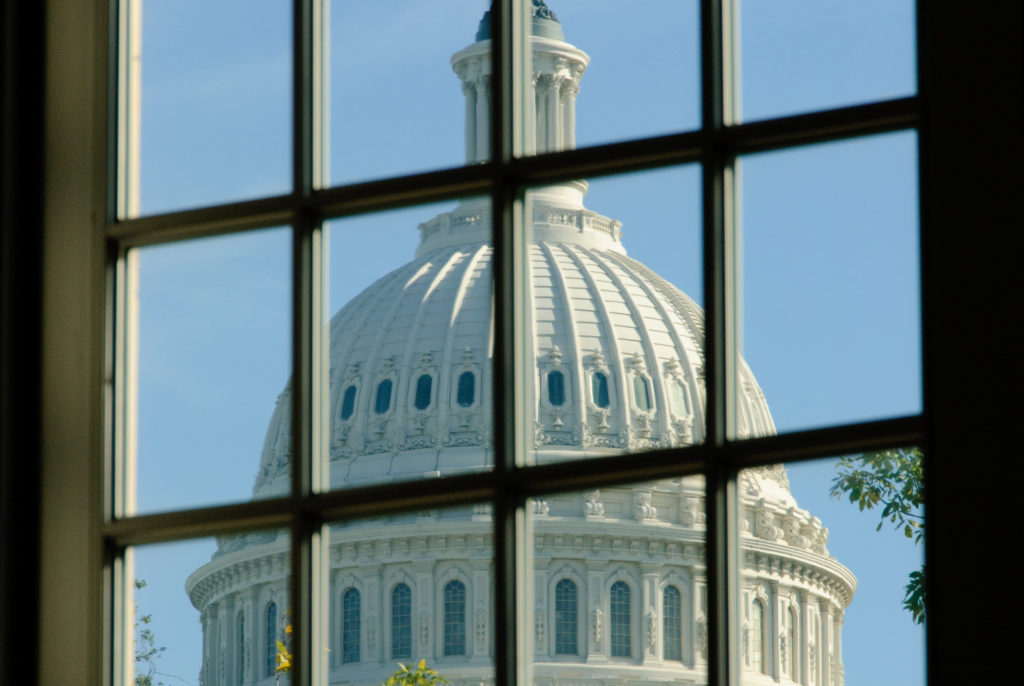Conservatives Should Make Labor Law Reform a Priority

This op-ed column was originally published at DailySignal.com
By Akash Chougule
It is no secret that conservatives are hungry for legislative victories after last year’s sweeping electoral victories, and few issues present a better opportunity than labor reform.
Last year, the Employee Rights Act, sponsored by then-Rep. Tom Price, R-Ga., and Sen. Orrin Hatch,R-Utah, received co-sponsorship from a majority of Republicans in both the House and Senate. Unfortunately, the bill failed to receive a vote in either chamber.
Hatch introduced a new version in the Senate late last week, following the introduction of Rep. Phil Roe’s, R-Tenn., new House bill earlier this year.
The Employee Rights Act would be the first major overhaul of federal labor law in 70 years. It would restore power to individual workers, many of whom voted Republican for the first time ever last year.
Today, just 6 percent of unionized workers in the United States have ever actually voted for the union that represents them. The other 94 percent either voted against the union or, more commonly, simply inherited a union that was voted in years ago and have never had the opportunity to make their voice heard.
For example, the United Auto Workers unionized the Detroit auto plants in the 1940s, and every employee since has been forced to accept their representation without a vote, like it or not.
The bill would address this problem by requiring unions to stand for a recertification election whenever a bargaining unit’s workforce turned over by at least 50 percent at the end of a contract.
Importantly, the legislation would require union elections to be conducted by secret ballot, ensuring workers the same privacy that all Americans are guaranteed when they vote for their representatives in Congress.
Secret ballots prevent the well-documented harassment and intimidation that comes with so-called “card check” voting, which requires workers to declare their opinion in front of a union organizer.
Moreover, unions would need to receive majority support from the entire bargaining unit, rather than just a majority of those who vote in what are often low-turnout elections.
The measure would also give workers greater say in their union’s political agenda, an increasingly important reform as unions increase their massive political footprint with each successive election cycle.
Over the last 10 years, in addition to direct PAC spending, unions have sent roughly a billion dollars in workers’ dues money meant for collective bargaining representation to left-wing advocacy groups. But last year, 43 percent of union households voted Republican in the presidential election.
Under the legislation, unions would be required to receive “opt-in” permission to spend members’ dues on politics, protecting workers from being forced to support causes they don’t believe in.
Finally, the bill also would protect against threats and violence by closing loopholes that the Supreme Court has ruled exempt unions from laws barring such behavior. These exceptions have allowed unions to get away with physical threats, slashing tires, stalking homes, and worse.
Pennsylvania’s Democratic governor signed a bill abolishing this exemption for government unions in the Keystone State, and now Congress can do the same nationwide.
Union leaders deride the bill as “anti-union,” but polls show that every provision of the Employee Rights Act enjoys overwhelming support, not only with the general public but also within union households.
And in the “polls” that really count, over the last seven years voters have overwhelmingly re-elected state lawmakers and governors who enacted bold labor reforms.
The Employee Rights Act offers a rare opportunity to unite conservatives, score a win for workers, and expand freedom. Congress should not let such an opportunity slip away.
Akash Chougule is director of policy at Americans for Prosperity.